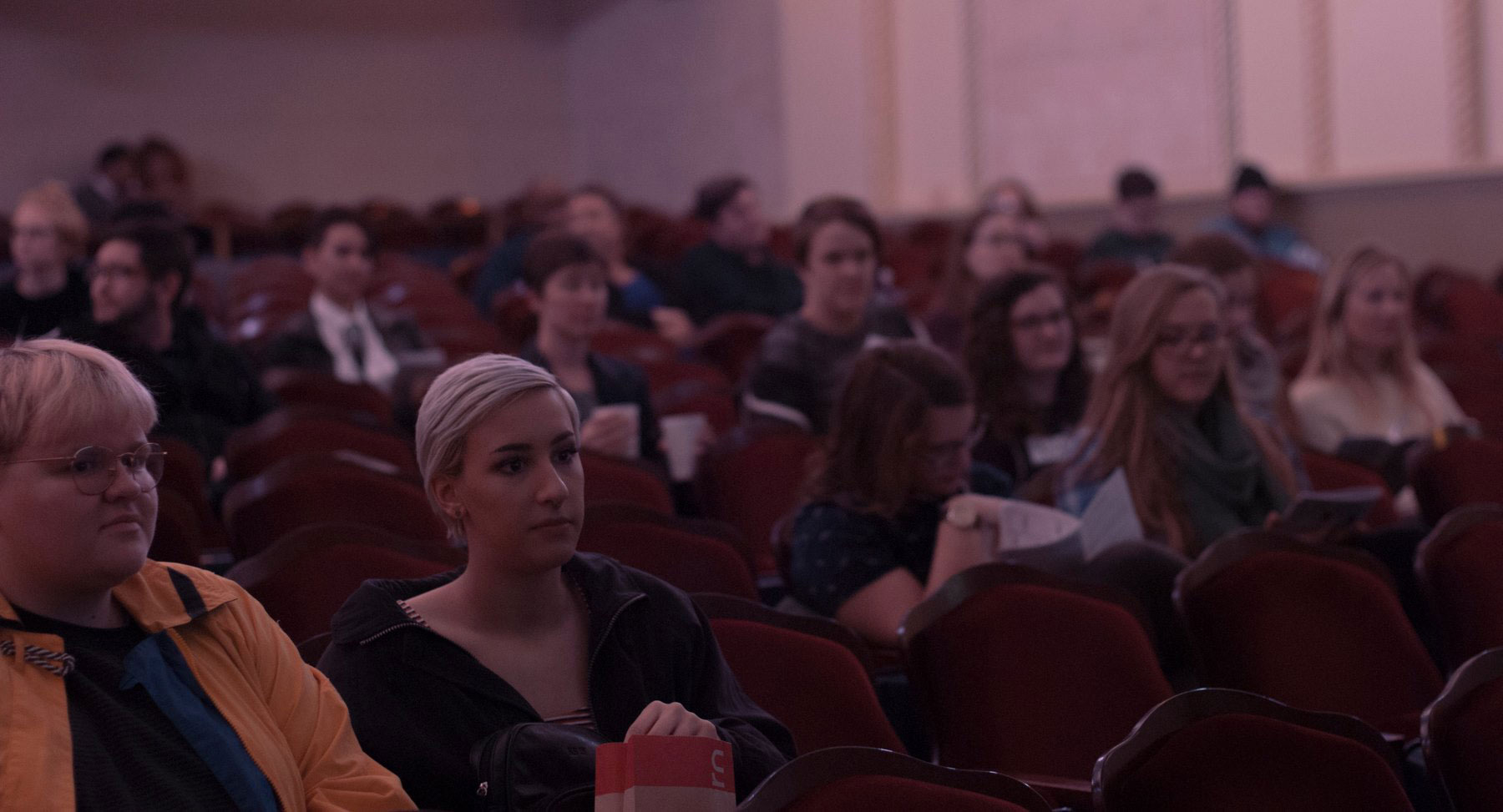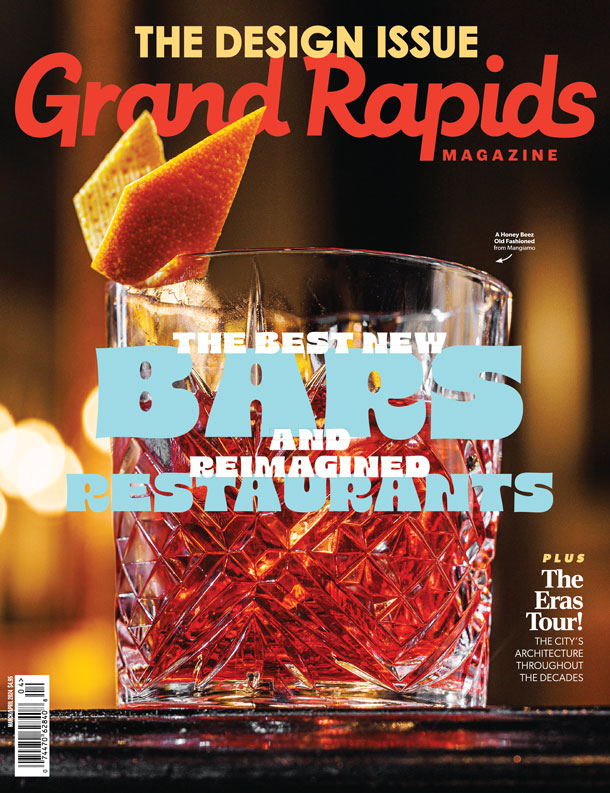This weekend over 30 films will play at the Urban Institute of Contemporary Arts that are focused on “elevating voices and showcasing talent from historically underrepresented groups in mainstream media.”
The annual Grand Rapids Feminist Film Festival is in its fourth year and takes place on Saturday, Oct. 21 at UICA. GRFFF is an outgrowth of “The Bandit Zine,” which is published a couple of times each year by a group of local activists and focuses on progressive, feminist issues, such as reproductive justice.
The free to attend festival is an all day affair that includes not only films from around the world, but also workshops and panels. This year, the festival will also include comedy and musical performances, a drag show, and presentations on feminist issues ranging from trans rights to feminist parenting to cultural appropriation, body positivity and diversity.
This year’s 32 films explore issues of racism, LGBTQ rights, body image, gender equality, the wage gap, disability rights, the 2016 election, the portrayal of Muslim women in the media, immigration, sexual assault and more.
Lydia VanHoven, festival co-founder and director, highlighted a few of the works.
“We have such a great group of films this year,” she said. “There are an amazing mix of music videos and music docs from GR’s amazing music scene, featuring Lady Ace Boogie, Lipstick Jody and Emma Loo.
“But I’m really excited about this film from Lansing filmmaker, Savannah Smith. It’s called, “Don’t Touch Me,” and it’s about demi sexuality and creating your own model for falling in love. And Savannah is coming to speak on our Representation on Set panel, too.”
There are also several international films being shown.
“There’s a Croatian animation called “Gamer Girl,” that I really love. It’s all done in an 8-bit style, and shows the emotional labor and the choices a woman is faced with during her life.”

VanHoven said each year the festival tries to be “more intersectional.” She also noted the current political climate means the festival is especially cognizant of “making sure we provide a safe, inclusive, and educational space for women and non-binary folks to be empowered.”
“What I love most about this festival is that we’ve been able to use our privilege to shine the spotlight on those who don’t often get to have the stage,” said VanHoven.
The festival is particularly well timed this year, given the recent sexual harassment and assault allegations against Harvey Weinstein and the #metoo movement that’s followed.
“I hope that our festival can be a safe space for people who love film,” VanHoven said. “Hollywood is so rotten and disgusting with men like Harvey Weinstein, that we want people to still feel like film is a tool to empower their voice. What was released last week about Weinstein is really no surprise.
“And the #metoo campaign that came out of it proves that. Almost every women or non-binary person has been sexually harassed – or worse – during their lifetime. Now is the time to ask, what are men going to do about it? How are men going to change? We, as the victims and survivors, have done enough of the work. It’s time for men to change.”
She said filmmakers, artists and activists, need to use “our art and our voices” to speak out against sexual harassment and sexual assault.
“We need to come together and work to end sexual assault, so the next generation isn’t saying ‘me too.’ We need to refuse working with people who are problematic. Remove people from sets, workshops and other events. There can be no more excuses. We will not tolerate this kind of action.”
One step to ensuring a better climate for women and minorities working in the film industry is providing venues for their work to be shared and discussed.
“We absolutely agree that venues need to share the work of marginalized people year round. There are a lot of amazing venues already doing this. One is UICA, that’s why we switched our venue this year. If you want to see movies that cover topics like GRFFF does year round, UICA is a great place to go. The Fed Galleries does a great job of this, too. No films, but lots of great art.”
All the films have a run time of less than 20 minutes and screen in six individual film blocks. GRFFF also has a kid-friendly block of films available. The films come from local, national, and international filmmakers and are all made by or about women and non-binary folks.
You can check out the whole schedule at GRFFF to plan your day.
*Photos by Andrea Cordes








Facebook Comments